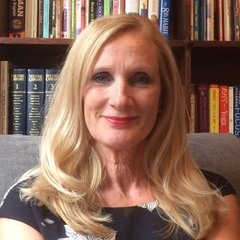Self-care is not Selfish
A quick google search defines selfish as people who take from others without intentionally helping those who extended a hand out to them. It refers to individuals who have little sensitivity towards others and focus on their own needs to the detriment of others. They take, and give little.
Self-care is defined as the following:
- Refers to actions and attitudes which contribute to the maintenance of well-being and personal health and promote human development [Wikipedia]
- Care of the self without medical or other professional consultation [Dictionary.com]
- Care for one’s self [The Miriam-Webster Dictionary]
- These are our daily activities in looking after ourselves. The process of looking after one's self. Avoiding all threats and issues that may make a person face irritable and uncomfortable circumstances. [Psychology Dictionary]
Self-care also means that you prioritize taking good care of yourself so that you can have the necessary energy to help care for others. It means understanding your own limitations and being able to set boundaries when demands are too much for you. It’s listening to your needs, respecting them, and loving yourself so you can be the best version of yourself for your relationships, such as family, friends, and work relations.
Here are some self-care tips to improve mental health:
- Take an hour alone each day to relax and do something that makes you happy.
- Learn to say no when you know it is too much on you.
- Practice self-compassion. Love who you are.
- Respect yourself.
- Be good to yourself, exercise, eat healthy, sleep well, limit alcohol intake.
- Nurture your relationships.
- Take the time to process your emotions.
People who practice good self care avoid burnout, reduce stress, improve resilience, increase mental and physical energy, reduce the symptoms of depression anxiety, develop stronger interpersonal relations, and develop a greater sense of happiness.
Suzanne Dumais MDiv., RMFT, RP. CCFT is experienced in helping clients develop a greater sense of personal actualization and learning boundaries so her clients can learn to take better care of themselves.








